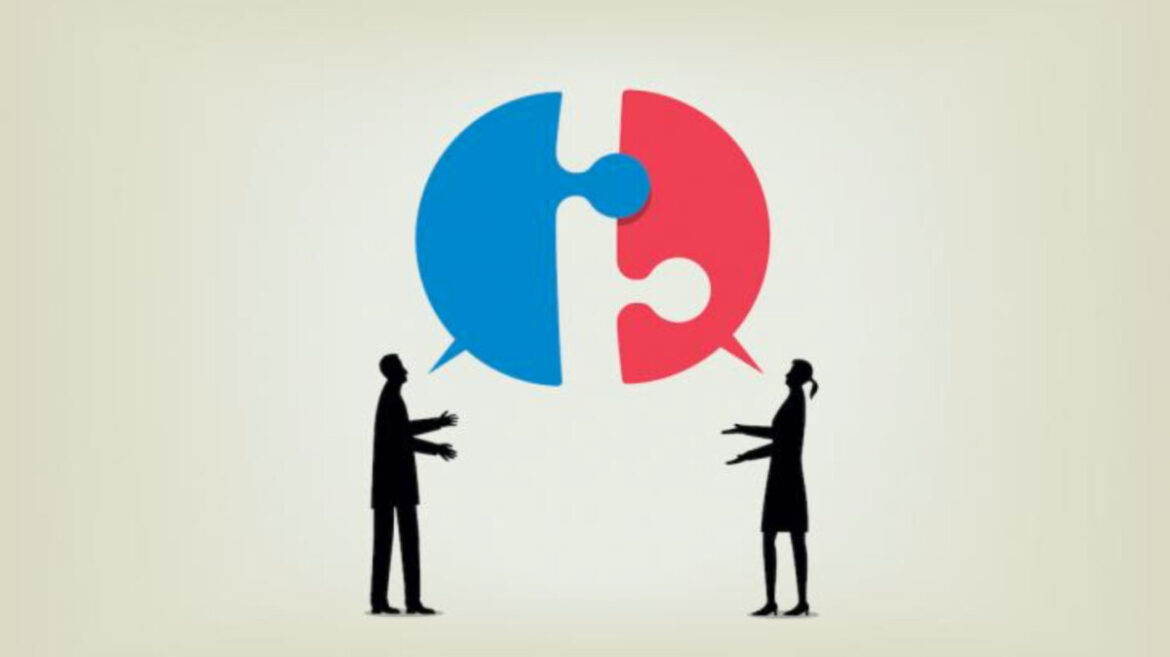Serena Platt, Editor-in-Chief
@splattcourant
In today’s world, respect and tolerance are in short supply, as differences of opinion are making people even more attached to their own ideas and less open to new ones. I have found, through my own experiences and from what others have told me, that students’ ideas are being shut down in class discussions by other students.
While having a difference of opinions is natural and healthy, refusing to hear a peer’s perspective on the same issue is a problem that exists on a level bigger than just inside a classroom. Political polarization is at an all-time high, and the negative, close-minded effects of it are being demonstrated in our high school classrooms. New Canaan High School should consider engaging in civil discussion as a necessary skill to master before graduating.
While a class dedicated to helping students develop the skill of civil discourse is ideal, it’s fairly impractical. Student schedules are already extremely busy, and adding another required course for graduation would just be added weight. It may also be difficult to structure an entire semester or year of a class around solely having respectful conversations. However, a unit in a history or the AP Government & Politics class is feasible.
It doesn’t even have to be a clear-cut unit. It could be a series of open forum discussions sprinkled throughout the course of the class. During these seminars, students would enact multiple sides of arguments in order to understand different perspectives and develop empathy towards opposing viewpoints. In addition, they would learn communication skills to help them effectively and compassionately engage with others. The topics that will be discussed should include politics – where the bulk of the problem lies – but also other subjects as well. Not every discussion has to be centered around heavy subjects such as gun control or immigration. However, bringing up controversial topics is how we can best practice respectful discourse.
Prioritizing civil discourse has more benefits than simply teaching students to be open-minded thinkers. For those who can or will be able to vote soon, learning to hear out the other side will allow them to become more informed voters, which improves the voting process as a whole.
Controversial conversations need to be conducted without the bickering that will ultimately lead us nowhere. It is not likely that political polarization will decrease any time soon. But it is possible for us to create thinkers and who learn to accept thoughtful opinions that may differ from their own. Without civil interaction, how can we ever make meaningful progress?




